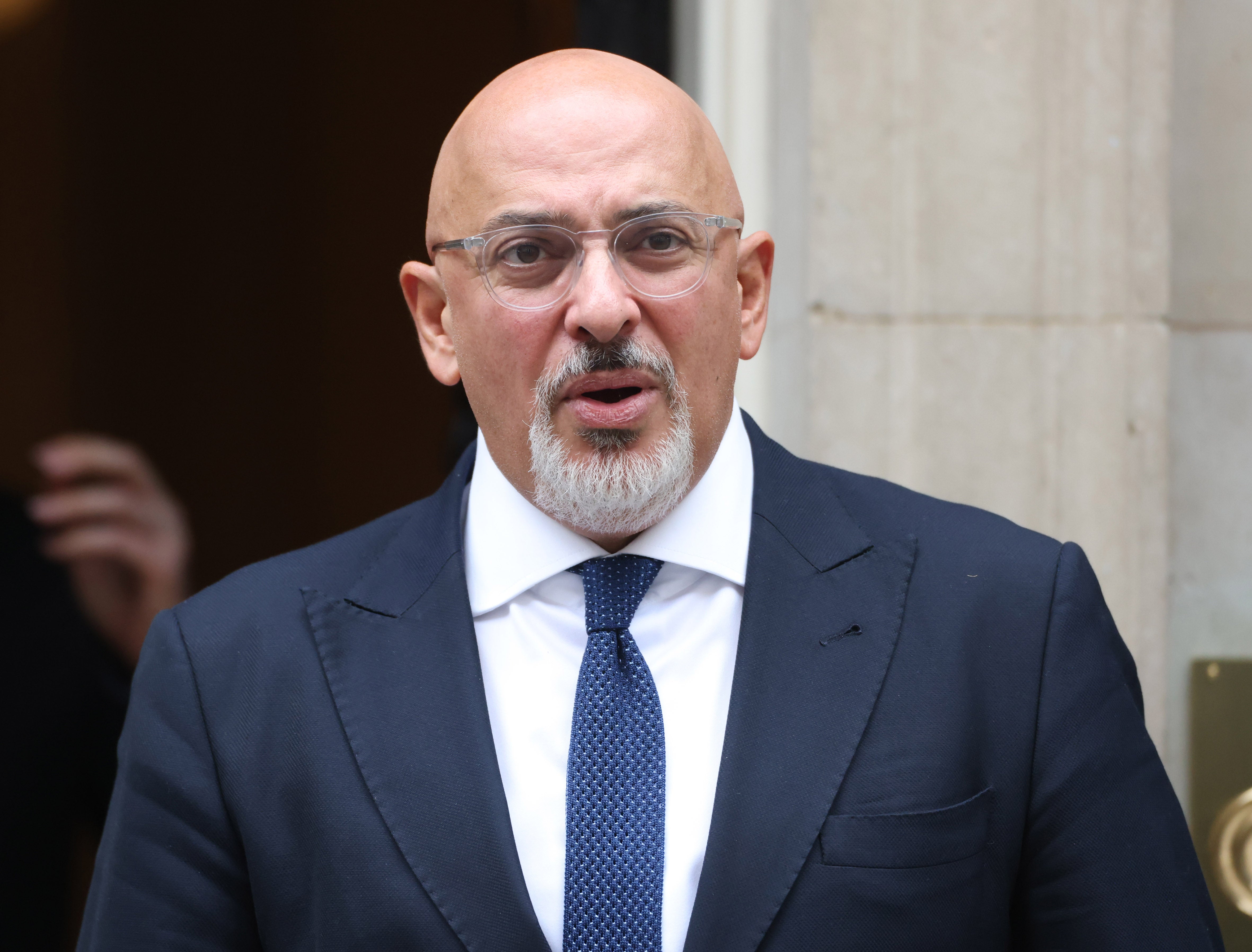
Shadow education secretary Bridget Phillipson has said ministers should not micromanage the books pupils read in classrooms.
Speaking to the NAHT school leaders’ annual conference in Telford, she said there was an “irony” that the Government is seeking to take politics out of the classroom but simultaneously telling teachers what books to teach.
“I think we need a school curriculum that inspires and supports every young person… I think children should expect to see their lives, their communities, their experiences reflected in that,” she said.
“I think it is not for secretaries of state to dictate which books should or shouldn’t be taught within a school. I think you all have expertise and professionalism that allows you to deliver that.”
Speaking to the press, she said that she did not think “it’s the role of the secretary of state to micromanage which books teachers choose to teach within the classroom” and that the Government’s “attention will be better focused on what’s within their immediate control, such as delivering a proper children’s recovery plan that allows all of our children to make up for that lost learning”.
“Too often ministers seem fixated on smaller issues that… don’t reflect the concerns of most parents,” she said.
“I think there’s a certain irony that secretaries of state say they want to keep politics out of the classroom and then seem to micromanage the books that teachers will be using in that way.”
She added that this was not the primary role of the Education Secretary.
Earlier this month, Education Secretary Nadhim Zahawi said that children were not “snowflakes” and should be allowed to read books featuring racial slurs.

Mr Zahawi warned against creating “false filters” for pupils, arguing that “those in a position of responsibility should be teaching young minds how to think, not what to think”.
Speaking to Chopper’s Politics podcast from The Telegraph, the Education Secretary was asked if children should be able to to read racial slurs such as those contained in Harper Lee’s To Kill A Mockingbird.
He replied: “Totally. I think it’s really important that children are allowed to be able to be curious… to understand where this stuff comes from, rather than (where you) create these sort of false filters for them.”
The Government guidance on political impartiality in schools, published in February, suggested teaching of the British Empire should be presented in “a balanced manner”.
Members of NAHT have expressed anger over the fact that Mr Zahawi did not attend the conference in Telford in person on Friday while he attended a separate event for the Conservatives less than five miles away.
Shadow schools minister Stephen Morgan tweeted that he was “surprised to hear the Education Secretary was able to go to Telford yesterday… but not to attend the [NAHT conference] to hear the ideas and views of headteachers in… Telford”.
NAHT national secretary Rob Kelsall said that this had “gone down very badly with delegates”.
Paul Whiteman, general secretary of NAHT, said: “We are very disappointed that the Secretary of State was not able to find the time to come and talk with school leaders this weekend. Following the publication of the Government’s White Paper this represents a serious missed opportunity to hear directly from those he will ultimately rely on to implement the Government’s proposed reforms.”
A Department for Education spokesperson said: “Mr Zahawi had a longstanding speaking commitment arranged by the constituency office that predated his appointment as Education Secretary, which he rightly honoured.”
“He recorded a video message to be played at the event to thank NAHT for their support in helping the Government deliver its ambitious plans to help every child get a great education.
“The Secretary of State spoke in person at the NAHT conference in October, and he meets fortnightly with the association leadership. Any suggestion that NAHT are treated with anything other than the utmost respect by the Secretary of State is clearly incorrect and disappointing.”







